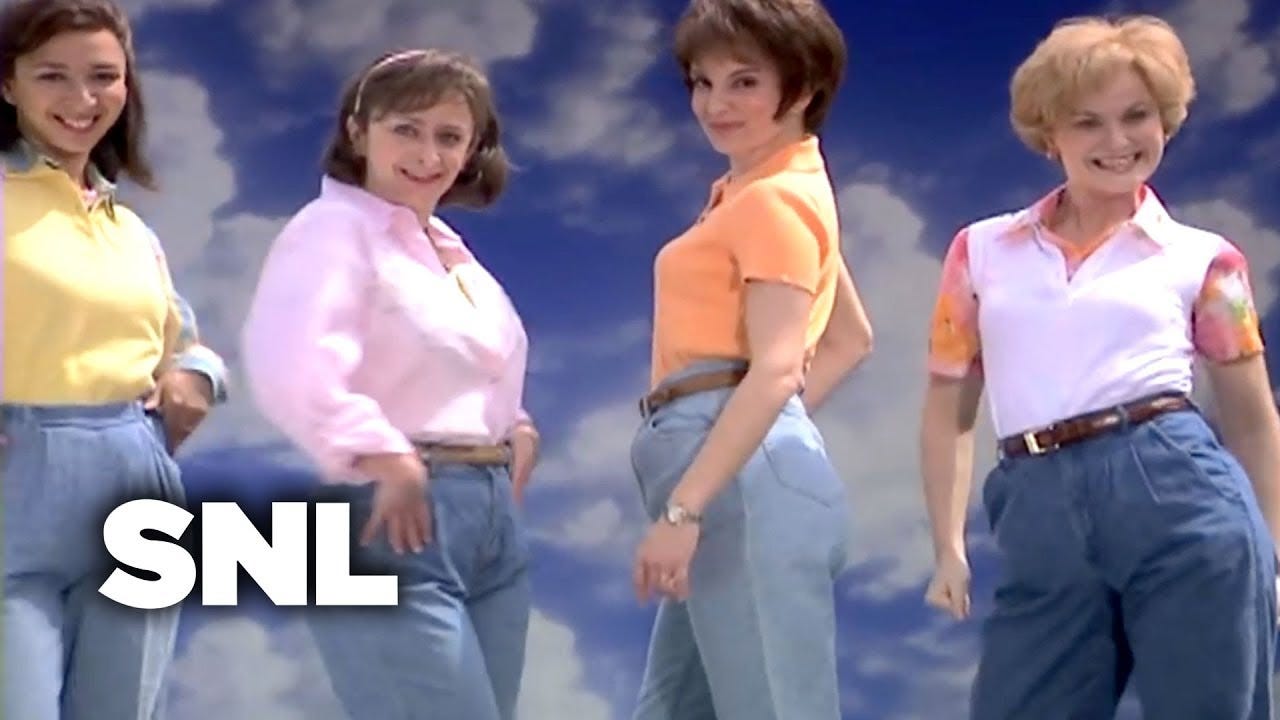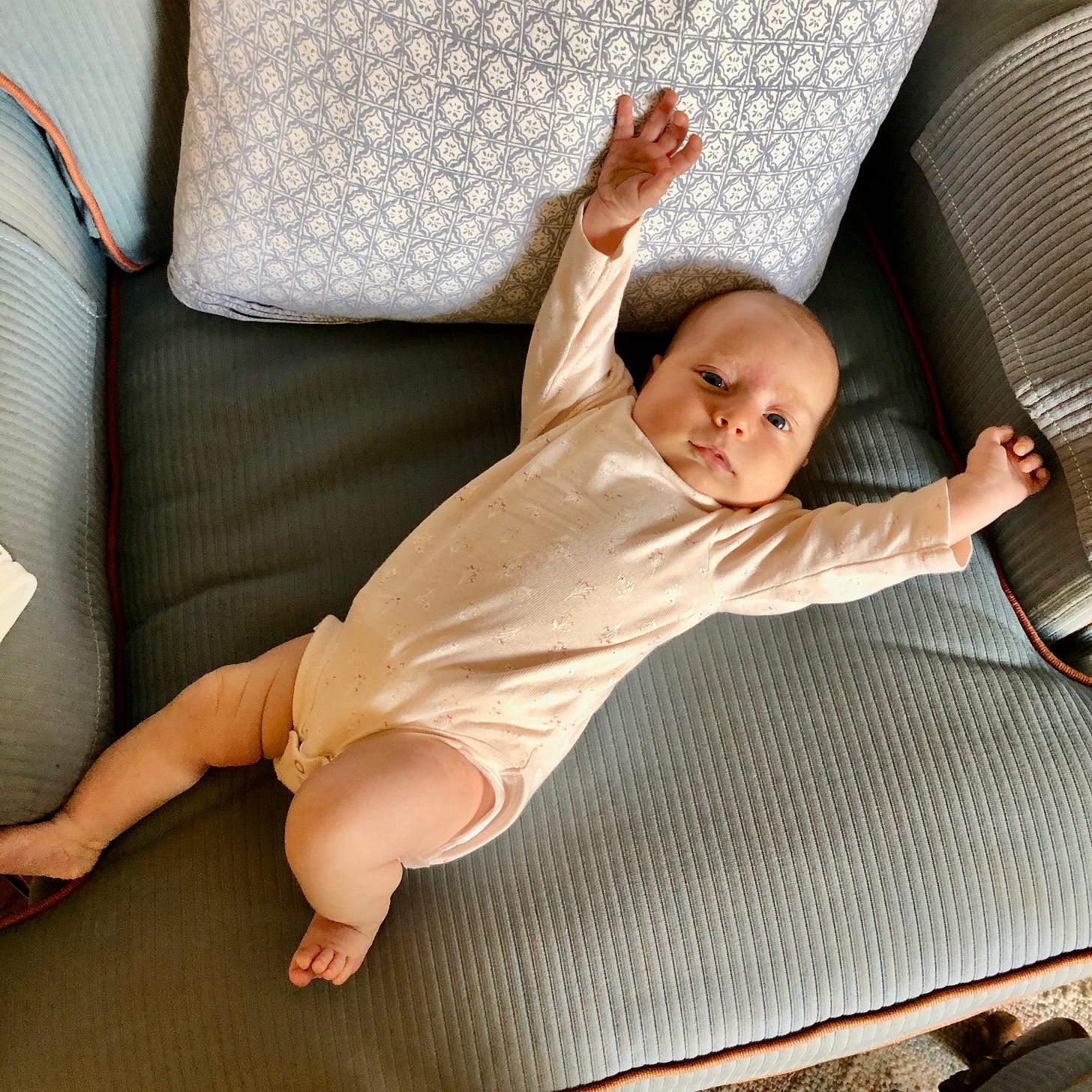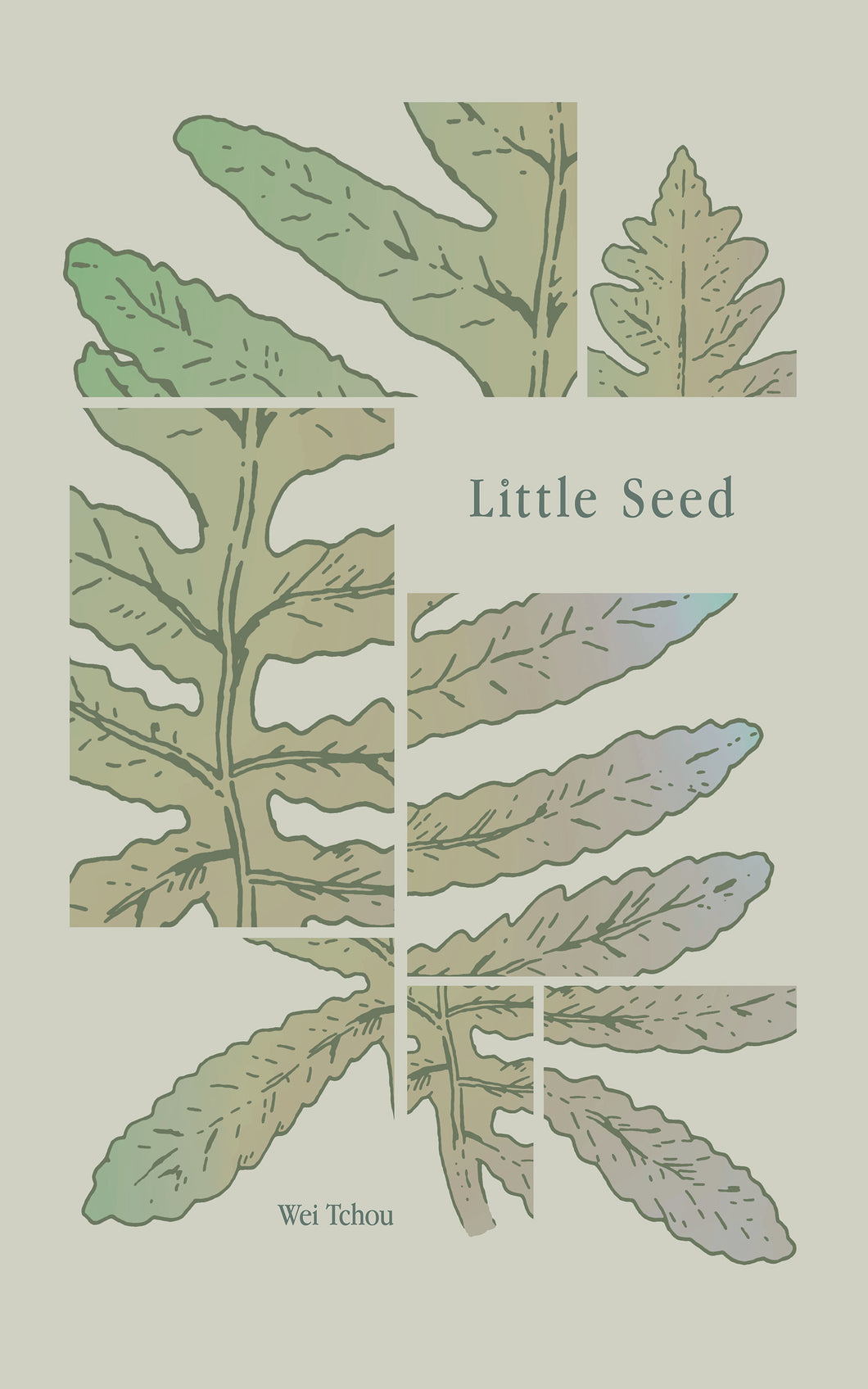“Does my hair look too crazy?” I asked Guion, as we were about to walk out the door with the baby, having gone through three spit-up-induced costume changes in quick succession. My hair was pinned up with a clip on top of my head, waves askew, the way I’ve been wearing it for weeks, as it’s too short to pull back into a ponytail.
“Um, I dunno,” he said, “you look like a mom.”
Horrified, I immediately pulled the clip out and shook out my hair, because heaven forbid I look like what I actually am.
“Looking like a mom” is never a compliment, which in itself is interesting. Guion wasn’t intending to offend or criticize; he described my appearance dispassionately, accurately. I look like a mom; I am a mom. And even though we were about to join Maureen, a mom, and Calvin and their newborn, with our newborn in tow, I did not want to be perceived instantly, at first glance, as a mother. To give off mom vibes implied a too-accurate read of my state, which could be described with such words as haggard or unwashed or tired. Because that’s how mom vibes are typically characterized: You are not chic. You are worn out. You are a vessel for children; you have brought them into the world and now you sustain them, sacrificing your style, your appearance, your health, your individuality, even. This is what you are for; it makes sense that you should look like a used-up vessel.
I’m not exactly upset about this. It interests me. I’ve always been interested in the choices people make about their clothes and how they present themselves, because all of these choices are predicated on an assumption of how society will perceive us. I am thinking about these projections more frequently in this postpartum state, snatching time to expunge maternity clothes from my wardrobe and figure out what I can fit into, in this in-between phase of life and of waistband.
Guion’s accurate assessment made me wonder: If I feel horrified to look like what I am, what else am I hoping to be? I’m very happy to be a mother, so why don’t I want people to think I am one? This wish, in itself, is a hilarious delusion, as I have a literal infant strapped to me almost any time I am in public now. What else could I be but “mother”?
Women and mothers should wear whatever they want to wear; I have no judgments on that front. Rather, I want to interrogate (1) my negative reaction to being called what I am, and from whence it comes, and (2) my apparent belief that “looking like a mom” implies that I have lost my sense of self, or, at the very least, my sense of self-respect. It’s perverse that I feel this way. Perhaps “mom vibes” equal not giving a damn, which I applaud, but there’s also an implication that a mom doesn’t care about (or recognize) her self anymore. This latter thing is what I want to investigate. This latter thing is why I took the hair clip down.
Telling someone she “looks like a mom” is an insult because our culture despises and degrades women. This is no great mystery. (Men are degraded culturally in different ways, but on this front—appearance, image, worth, objectification, sexual viability—there’s nothing fair to compare.) In the Western monoculture, women move with terrifying speed from nymphet to hag. And moms, stuck in that awkward middle, are a joke: They’re written off as silly, vapid, strung-out, irrelevant. Moms are veering hard toward hag territory with their schlubby outfits, totes crammed with snacks, and dented minivans.
I’m not much concerned with the monoculture—with coolness, with universal sex appeal—but I am concerned with what the monoculture has done to me. How has it warped my thinking? About others, about myself? This is what I’d like to unlearn.
Is there some appropriate balance between (A) my unfortunate knee-jerk reaction to being told I look like a mom, and (B) my desire to look like I haven’t given up? (Not yet, at least.) It’s tricky to look down and realize how deep culture’s claws have sunk into your body and mind.
Lucinda continues to be very absorbing. We’re seeing modest improvement in sleep, which gives me some hope for the future. I recall that adage from some parenting book: She’s not giving us a hard time. She’s having a hard time.
Or maybe she’s not having a hard time. She seems fine, perfectly happy with the arrangement and the limited amount of sleep she gets, and she’s healthy and hale, an eager nurser. Maybe she’s just a sensitive flower, an orchid who prefers the night and insists on constant, delicate tending from her keepers.
Importantly, a great delight of the past week was reading Little Seed, the soon-to-be-released masterful memoir by Wei Tchou.
With a journalist’s eye for detail, Tchou spins a tale of self-discovery through two seemingly disparate lenses: ferns and her family. Her sharp prose is unfailing, pitch perfect. Whether she’s in Chapel Hill, Oaxaca, or Shanghai, Tchou makes a deeply personal story somehow universally accessible. I read this book hungrily, racing through it, and send it along to you with my highest regards and recommendation. Available for pre-order (releases May 14)
Currently Reading
Wrong Norma, Anne Carson
Swann’s Way, Marcel Proust
Easy Beauty, Chloé Cooper Jones
War Diary, Yevgenia Belorusets





